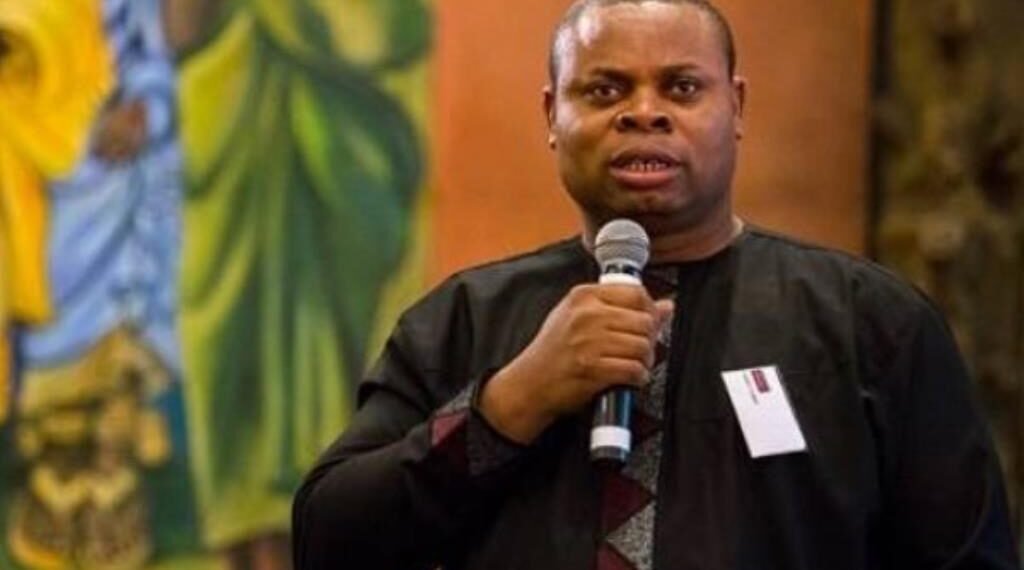The announcement by Finance Minister Dr. Casiel Ato Forson of nearly GH¢988 million for Ghana’s District Assemblies Common Fund (DACF) in the first quarter of 2025 has sparked widespread attention, marking the highest quarterly allocation in recent memory.
While this unprecedented release is being lauded as a major step towards strengthening fiscal decentralization, IMANI Africa’s Founding President, Franklin Cudjoe, has raised critical questions about its efficacy without parallel reforms in accountability.
“The Auditor-General’s reports for 2021 through 2023 expose a pattern of under-delivery and misuse: net transfers to assemblies hovered between 65.9% and 76.2% of their allocated shares, while irregularities siphoned off 14.8% to 20.5% of those transfers”
Franklin Cudjoe, Founding President of IMANI Africa
The stark concern remains that the new injection of funds, though bold, risks falling prey to the same systemic failures that have plagued Ghana’s local governance in recent years. According to the Auditor-General’s data, in 2021, the assemblies were allocated GH¢511 million but only received GH¢390 million after deductions.
An additional GH¢66 million was misapplied. The following year saw further deterioration: GH¢370 million allocated, GH¢262 million disbursed, and GH¢54 million siphoned through irregularities. While 2023 reflected a slight improvement in net transfers, the losses still indicated deeper structural decay.
“This is not just about numbers on a spreadsheet – it’s about deep-seated habits of opaque procurement, weak supervision, and a misalignment of incentives,” the Auditor-General’s Office observed in its 2023 report.
At the 2025 National Economic Dialogue, Franklin Cudjoe challenged the foundational assumptions of Ghana’s public financial management systems. He described the current governance structure as “a broken machine” powered by outdated rules and eroding public morale.

“What we need is a stewardship model that emphasises intrinsic motivation, ethical commitment, and radical transparency – not more checklists or harsher penalties”
Franklin Cudjoe, Founding President of IMANI Africa
Rejecting the traditional Principal-Agent model, which hinges on compliance and suspicion, Cudjoe proposed a framework where local officials act as trusted stewards of public resources, motivated by service rather than fear.
Dr. Sangu Delle echoed this vision in his recent essay, Beyond Rhetoric: A Radical Rethink of Ghana’s Public Financial Management, in which he argued that a shift in mindset is essential.
“When public officials feel genuinely empowered and morally accountable, they do not simply comply – they innovate and stretch every cedi,” Delle wrote.
Drawing on global examples from Singapore and New Zealand, Delle advocated for a blend of traditional controls and human-centered values to make accountability a culture rather than a checklist.
Crucially, he emphasized that stewardship should enhance, not replace, existing safeguards – turning bureaucratic reports into public engagements and transforming expenditure tracking into community dialogues.
Yet the current rollout of the DACF remains anchored in a transactional model. Assemblies are now required to meet an 80% direct transfer threshold and submit prior quarter expenditure reports before accessing new funds.
While this represents an improvement from past years’ 70% benchmark, IMANI warned that these measures are insufficient if treated merely as financial hurdles.
“Paperwork can’t measure whether a borehole delivers water or whether a school block was ever completed. Accountability must mean performance, not just paperwork”
IMANI Africa

As Ghana eyes a possible total DACF disbursement of GH¢3.2 billion in 2025, fears loom that increased funds could also lead to increased rent-seeking. Without the values-driven governance model proposed by Cudjoe and Delle, larger allocations may only magnify the scale of waste and deepen public distrust.
IMANI recommended co-creating district-level quarterly plans with local communities, backed by real-time digital reporting and monitored by civil society groups. Performance metrics – like access to functional boreholes or completion rates for health infrastructure – should be linked to bonus disbursements or corrective measures.
The think tank also advocated for a “Participatory Budget Audit pilot,” combining official audits with citizen-led field checks in selected districts. This, IMANI believes, will foster a model where transparency is enforced by both state institutions and the people they serve.
“Ghana has a chance to turn ‘budgeting without brakes’ into a triumph for grassroots governance – but only if reform and funding move together, not one after the other”
Franklin Cudjoe, Founding President of IMANI Africa
If the government embraces this dual path, the DACF could become more than just a financial intervention – it could become a democratic instrument for transformation.
In President John Dramani Mahama’s Ghana, the measure of success must shift from how much is spent to how much is changed. Without that, the most generous allocations will remain little more than a “well-financed failure.”
READ MORE: Ghana’s Economy Beats 2024 Figures with 5.3% Growth in Q1 2025




















